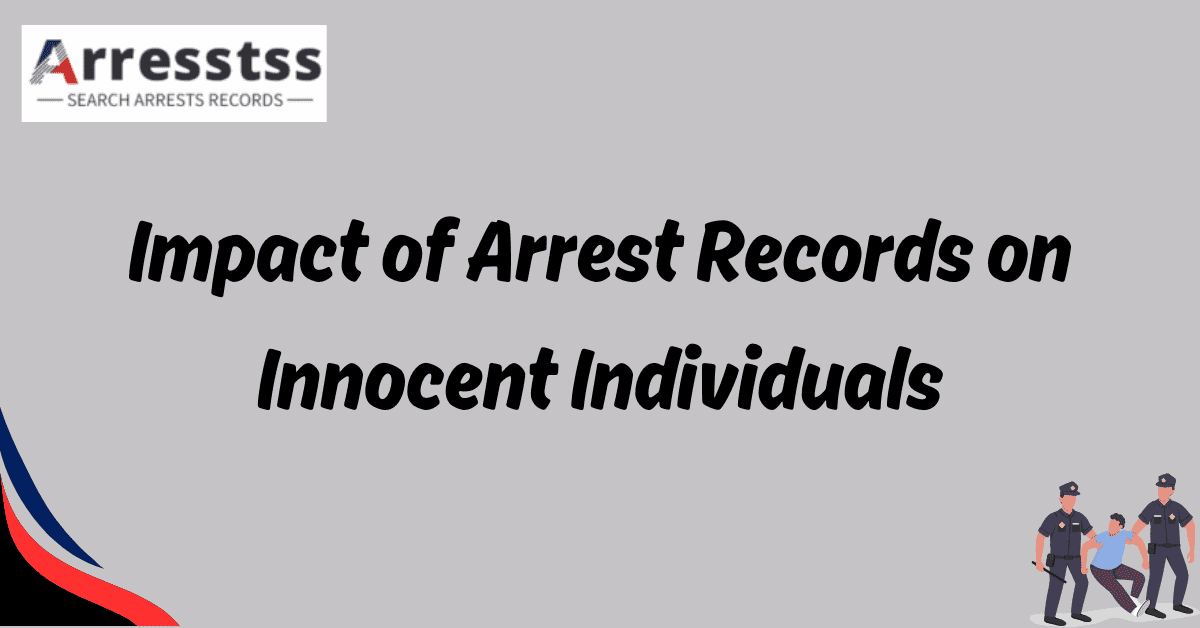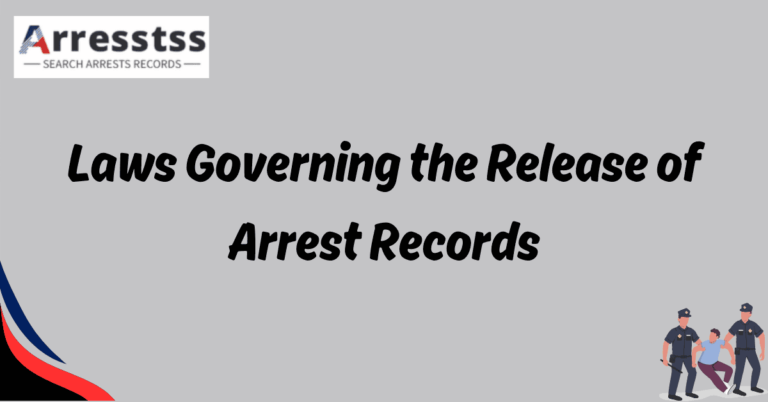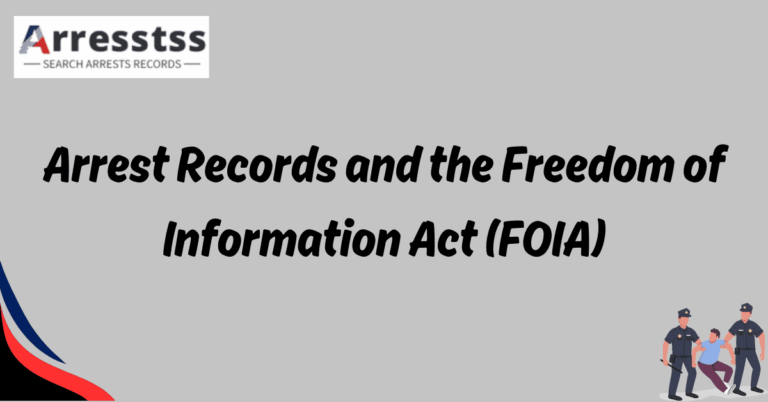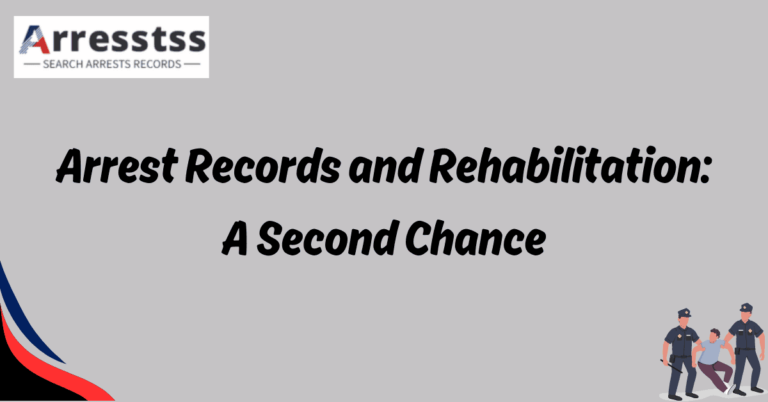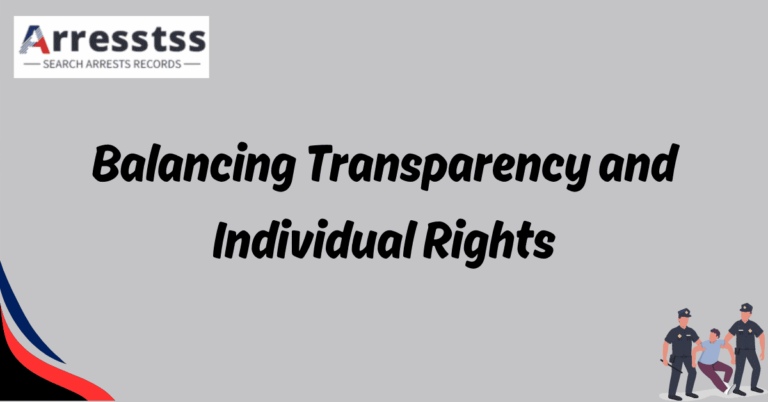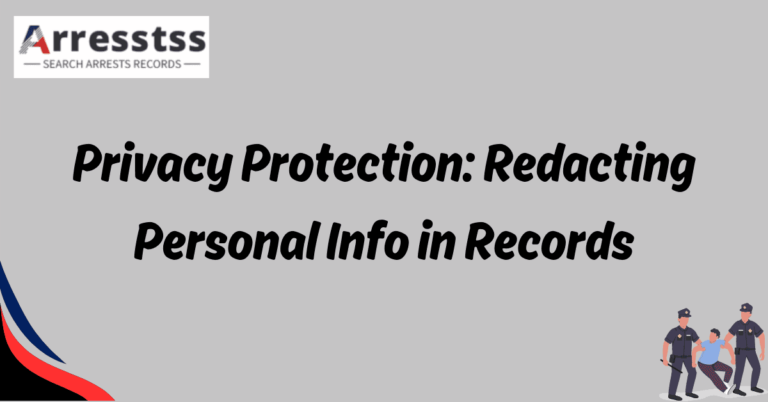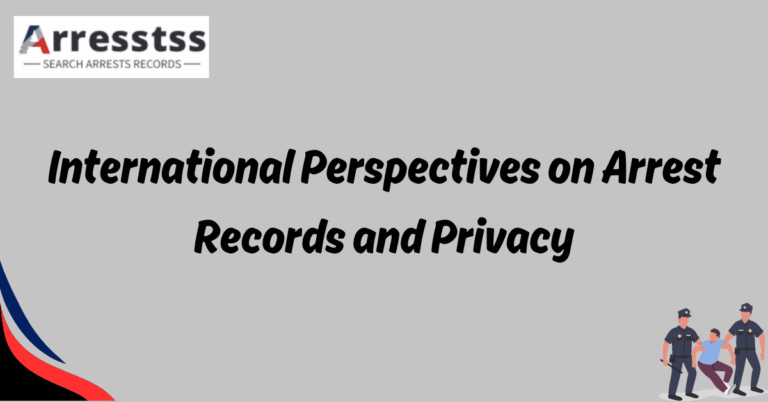Impact of Arrest Records on Innocent Individuals
Impact of Arrest Records on Employment
One of the most significant challenges faced by innocent individuals with arrest records is the stigma and prejudice they encounter in the job market. Many employers conduct background checks as part of their hiring process, and a mere arrest record, regardless of conviction or guilt, can result in automatic disqualification. This unjust treatment not only denies innocent individuals opportunities for gainful employment but also perpetuates a cycle of unemployment and financial insecurity.
Having an arrest record can have severe implications for job seekers, as it creates a barrier to entry that is difficult to overcome. Even if an individual has never been convicted or found guilty of a crime, the presence of an arrest record can cast doubt on their character and suitability for employment. This unfair judgment denies innocent individuals the chance to prove their skills and qualifications, reinforcing the negative impact of arrest records on their lives.
Furthermore, the discriminatory practices surrounding arrest records in the job market can lead to a lack of job stability and career advancement for innocent individuals. Even if they manage to secure employment, the knowledge of arrest records can hinder their chances of promotions or career growth. This perpetuates a cycle of limited opportunities and financial insecurity, making it difficult for innocent individuals to break free from the burdens imposed by their arrest records.
Role of Arrest Records in Housing Discrimination
Having an arrest record can also severely impact an individual’s ability to secure suitable housing. Landlords routinely conduct background checks on potential tenants, and the presence of an arrest record can lead to immediate rejection. This discriminatory practice forces innocent individuals to face limited housing options, often pushing them into unstable living situations or homelessness.
The unfair judgment based on arrest records in the housing market creates significant barriers for innocent individuals trying to find a safe and stable place to live. The mere presence of an arrest record, regardless of conviction or guilt, can be enough to disqualify someone from being considered for a rental property. This denies innocent individuals the opportunity to establish a secure home and can have detrimental effects on their overall well-being.
The impact of housing discrimination based on arrest records extends beyond simply finding a place to live. Limited housing options can result in individuals being forced into substandard living conditions or neighborhoods with high crime rates, perpetuating a cycle of disadvantage and instability. It is essential to address the discriminatory practices surrounding arrest records in the housing market to ensure fair and equal opportunities for innocent individuals.
Social Consequences of Arrest Records
Innocent individuals with arrest records also face challenges in their personal relationships and community interactions. The public availability of arrest records allows anyone to access this information, resulting in social stigma and judgment. This can lead to strained relationships, isolation, and a loss of trust within communities.
When others become aware of an individual’s arrest record, they may make assumptions about their character or integrity, regardless of the circumstances surrounding the arrest. This can result in strained relationships with friends, family, and colleagues, as well as a loss of social support and belonging. Innocent individuals may feel isolated and ostracized, further exacerbating the negative impact of their arrest records.
The social consequences of arrest records can extend beyond personal relationships to community interactions. Individuals with arrest records may face discrimination or prejudice when trying to access community resources, participate in local events, or engage in activities that promote personal growth and well-being. This exclusionary treatment reinforces the stigma associated with arrest records and perpetuates the cycle of disadvantage innocent individuals face.
Recognizing the Need for Change
The impact of arrest records on innocent individuals is far-reaching, affecting their employment prospects, housing options, and social interactions. Society must recognize the inherent injustices in these situations and work towards fairer policies and practices that protect the rights and dignity of innocent individuals who have been unfairly burdened by their arrest records.
Efforts should be made to educate employers, landlords, and the general public about the potential for discrimination based on arrest records. By increasing awareness and promoting understanding, we can challenge the stereotypes and biases that contribute to the negative consequences faced by innocent individuals.
Furthermore, policymakers should consider reforms that limit the accessibility and use of arrest records, particularly those that do not result in conviction or guilty verdicts. This would ensure that innocent individuals are not unfairly penalized for past encounters with the criminal justice system and are given the chance to rebuild their lives without unnecessary barriers.
Ultimately, addressing the impact of arrest records on innocent individuals requires a collective effort from individuals, communities, and institutions. By advocating for fairness and equal treatment, we can create a society that values the rights and dignity of all individuals, regardless of their past encounters with the criminal justice system.
FAQ’s
How do arrest records impact employment opportunities?
Arrest records can have a profound negative impact on an innocent individual’s ability to secure employment. Many employers conduct background checks as part of their hiring process, and the mere presence of an arrest record, regardless of guilt or conviction, can lead to automatic disqualification.
This unjust treatment denies innocent individuals the opportunity for gainful employment, perpetuating a cycle of unemployment and financial insecurity. It also disregards an individual’s qualifications, skills, and potential contributions to the workforce.
Society must recognize the need for fairer hiring practices that consider an individual’s qualifications and abilities rather than focusing solely on arrest records.
How do arrest records affect housing options?
An arrest record can significantly impact an innocent individual’s ability to secure suitable housing. Many landlords conduct background checks on potential tenants, and the presence of an arrest record can often lead to immediate rejection.
This discriminatory practice forces innocent individuals to face limited housing options, pushing them into unstable living situations or even homelessness. It perpetuates a cycle of housing insecurity and denies individuals the right to secure and stable housing.
It is essential for housing providers to adopt fairer policies that evaluate an individual’s rental history, references, and other relevant factors, rather than simply relying on arrest records.
How do arrest records affect personal relationships?
Arrest records can have a significant impact on an innocent individual’s personal relationships and community interactions. The public availability of arrest records allows anyone to access this information, leading to social stigma and judgment.
This stigma can strain relationships with family, friends, and colleagues, as well as within communities. Innocent individuals may face isolation, a loss of trust, and difficulty in building new relationships due to the prejudiced perceptions associated with arrest records.
Society must foster understanding, empathy, and support for innocent individuals who have been unfairly burdened by their arrest records, promoting inclusivity and acceptance within communities.
To address the impact of arrest records on innocent individuals, it is essential to advocate for fairer policies and practices. This includes reforming hiring processes to consider an individual’s qualifications rather than automatically disqualifying based on arrest records.
Housing providers should also adopt more comprehensive evaluation criteria that take into account an individual’s rental history and references, rather than relying solely on arrest records.
Additionally, raising awareness and promoting education about the potential consequences of arrest records can help combat social stigma and prejudice. By fostering understanding and empathy, society can work towards creating a more inclusive and supportive environment for innocent individuals.
Ultimately, society must recognize the inherent injustices in the impact of arrest records on innocent individuals and strive towards fairer policies and practices that protect their rights and dignity.

